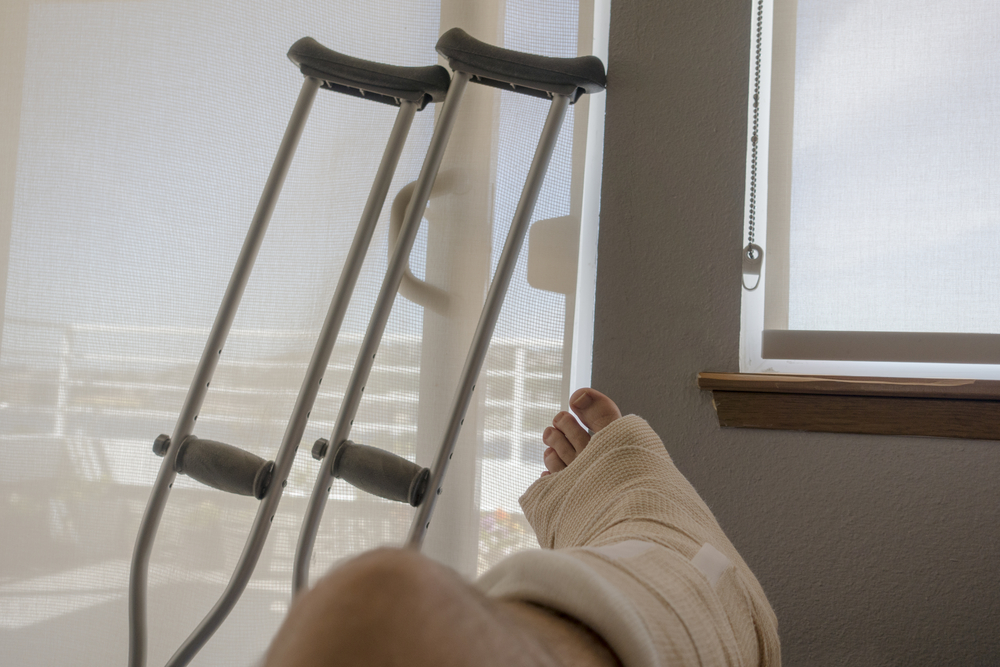LATEST IN THE LAW


Emotional Distress in Personal Injury: How to File a Claim Pt 2
July 12, 2019 0 Comment Category: Personal InjurySome people tend to “cure” themselves after a personal injury by going to yoga, changing accommodation, and trying some new hobbies. Although that can be a pretty good idea sometimes, such self-made treatments are eliminating the possibility of filing a lawsuit for emotional distress. That is because you are in a way hiding the emotional trauma experienced due to the personal injury which can be incorporated into litigating a personal injury lawsuit.
You can easily prove physical damage to the insurance company. You have medical reports, x-rays, multiple pharmacy prescriptions, etc., and the injuries are always visible. This is the opposite with emotional distress. So if your goal is to get financial compensation from the insurance company or the guilty party, you need to have evidence of the problem, preferably documented.
Going to a clinic and consulting with a specialist means that you can provide proof of the damage. With the help of the doctor, you can create a medical report stating your symptoms, your diagnosis (if needed), and the potential reason for them (which will be the personal injury). It is also important to state the date your symptoms had begun to assert that it happened because of the accident.
When you have the medical evidence, you can prove that emotional distress does not have a temporary character and has been continuing since the injury occurred. In most of the cases, emotional distress lawsuits are differentiated into two groups:
- Intentional infliction of emotional distress; and
- Negligent infliction of emotional distress
The first one is considered to be more severe, as the guilty party has intentionally inflicted the damage. It is harder to prove because the emotional trauma is mostly considered as a side effect. The negligent one is the most common and easy to prove with proper medical evidence.
Note that many of the states in the US now have laws on the compensation to be issued for non-economic damages like emotional distress. The reimbursement would depend upon the severity of the injury, the type of lawsuit filed, and the applicable law of the jurisdiction. Therefore, the most crucial thing to do here is not to neglect your emotional distress, and consult with an attorney to build a strong case and file a lawsuit as soon as possible. Not all insurance companies work with them, but most of them do – so it is your right to negotiate, prove the trauma, and get compensation for the suffering.


leave A comment